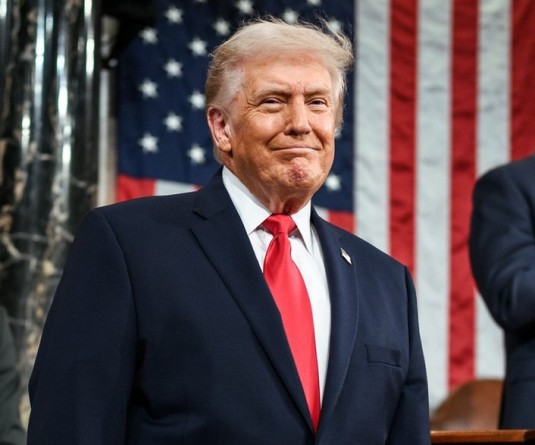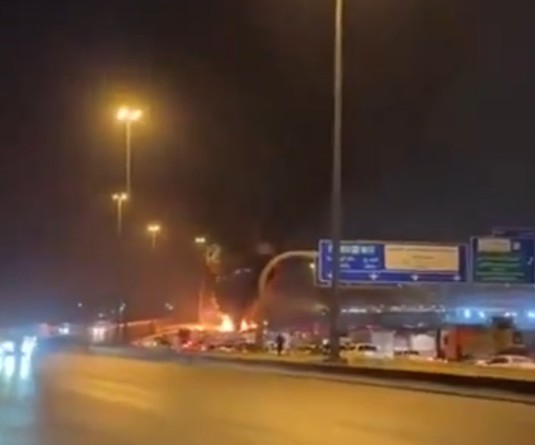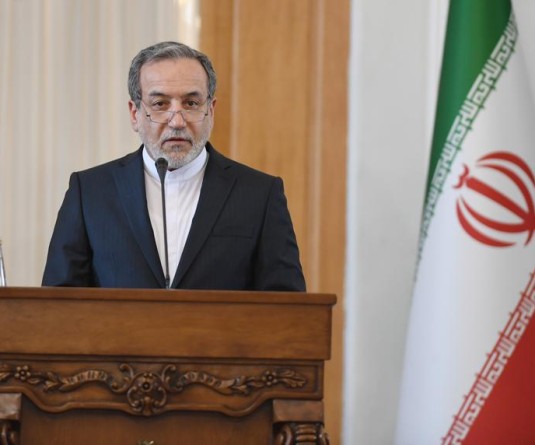A Palestinian woman walks with her son past a mural in protest of Israel's plan to annex parts of the Israeli-occupied West Bank, in Rafah in the southern Gaza Strip on July 14, 2020. (REUTERS Photo)
JERUSALEM, July 15 (Reuters): A coronavirus resurgence in Israel and divisions within Prime Minister Benjamin Netanyahu's government have sidelined its plans to annex parts of the occupied West Bank, officials said.
Although the conservative Netanyahu and Defence Minister Benny Gantz, his centrist coalition partner, agreed the government could begin moving on annexation as of July 1, there has been "close to zero" cabinet-level discussion on the issue, one senior minister told Reuters.
And with no agreement with Washington yet on the modalities of the move under a peace proposal announced by President Donald Trump, any step soon to extend Israeli sovereignty to Jewish settlements and the Jordan Valley in the West Bank seems unlikely.
The Palestinians have rejected the Trump plan. European and Arab powers have warned of diplomatic blowback if Israel unilaterally annexes land Palestinians seek for a state.
Netanyahu, meanwhile, is preoccupied with new coronavirus transmissions that aides said could necessitate renewed lockdowns. Unemployment has hit a record 21% and anti-government protests have turned increasingly violent.
A poll by the non-partisan Israel Democracy Institute on Tuesday found only 29.5% of the public trust Netanyahu's handling of the crisis.
There has been open opposition from Gantz's Blue and White party, which makes it hard to persuade Washington that any annexations would enjoy sweeping Israeli support.
"It's a matter of right plan, wrong time," a senior Blue and White minister said. "We are in the middle of the biggest crisis Israel has seen in decades...and it would be irresponsible and insensitive to tend to anything else at the moment."
Gantz has predicted the crisis could last until late 2021.
Another official, who requested anonymity, said more than a week had passed since Israeli delegates last spoke to U.S. envoys on annexation under the Trump blueprint, which envisages Israeli sovereignty over up to 30% of West Bank land.
Asked for comment, Netanyahu's office said it had "no updates at this time".
Several ministers from Netanyahu's Likud party want the move implemented now. Some privately voice concern that Trump's attention will drift as the November presidential election approaches, and that presumptive Democratic candidate Joe Biden has come out against annexation.






